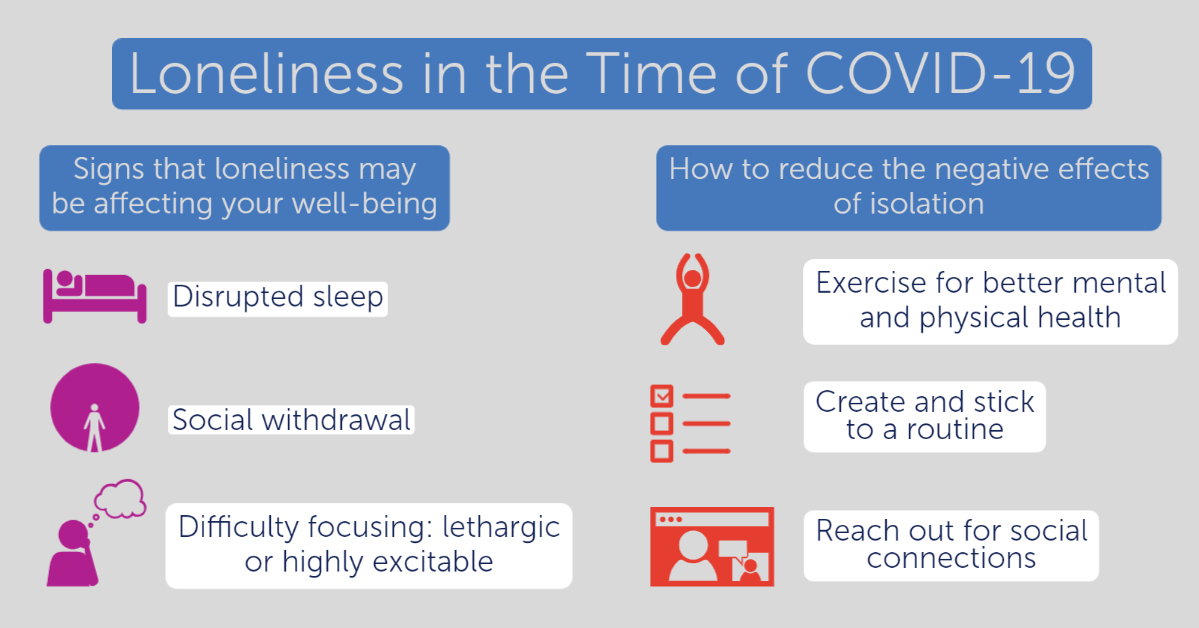Loneliness and isolation correlate heavily with the likelihood of death from any cause

Loneliness and Isolation: A Correlation with the Likelihood of Death from Any Cause

Loneliness and isolation are often brushed off as fleeting emotions or temporary states of being. However, scientific research has increasingly shed light on the profound impact these feelings can have on overall health and mortality. In fact, studies have shown that loneliness and isolation correlate heavily with the likelihood of death from any cause. This correlation emphasizes the importance of social connections and highlights the detrimental effects of sustained loneliness and isolation.
A study conducted by researchers at the University of Chicago found that individuals who experience chronic loneliness have a significantly higher risk of premature death. The study followed over 2,000 participants for a period of six years, and the results were staggering. Those who reported feeling lonely were 45% more likely to die during the study period compared to their socially connected counterparts.

Moreover, the impact of loneliness and isolation on mortality is not limited to any specific cause of death. Whether it is cardiovascular disease, respiratory illnesses, mental health disorders, or even cancer, the risk of mortality increases in the presence of chronic loneliness. Loneliness affects both the mind and body, contributing to increased inflammation, compromised immune function, heightened stress levels, and unhealthy lifestyle habits. These factors collectively potentiate the risk of death from various causes.
The detrimental effects of loneliness and isolation on overall health can be attributed to several factors. Social isolation deprives individuals of emotional support, reducing their coping mechanisms and resilience in the face of stress. Moreover, loneliness often leads to unhealthy behaviors, such as poor diet, lack of exercise, and substance abuse, which further contribute to poor health outcomes.
Fostering social connections and combating loneliness is, therefore, crucial for overall well-being and longevity. Engaging in meaningful relationships, participating in community activities, and promoting open communication can help reduce the risk of isolation and loneliness. This could involve joining clubs or organizations with shared interests, reaching out to old friends, or participating in local community events.
Importantly, the internet and social media can also play a role in combating loneliness, despite their potential to foster isolation. Technology can be used to connect individuals, allowing them to develop virtual social support systems. Online communities, forums, and support groups can provide a sense of belonging and be a source of comfort for those experiencing loneliness. However, it is essential to strike a balance and ensure that online interaction does not replace face-to-face connections.
In conclusion, loneliness and isolation have a significant correlation with the likelihood of death from any cause. The negative impact of prolonged loneliness on health underscores the importance of fostering social connections and maintaining a sense of belonging. By recognizing the detrimental effects of loneliness and taking proactive measures to combat it, individuals can strive towards improved overall well-being and a reduced risk of premature mortality.
Source: WebMD
Tags
Share
Related Posts
Quick Links
Legal Stuff

